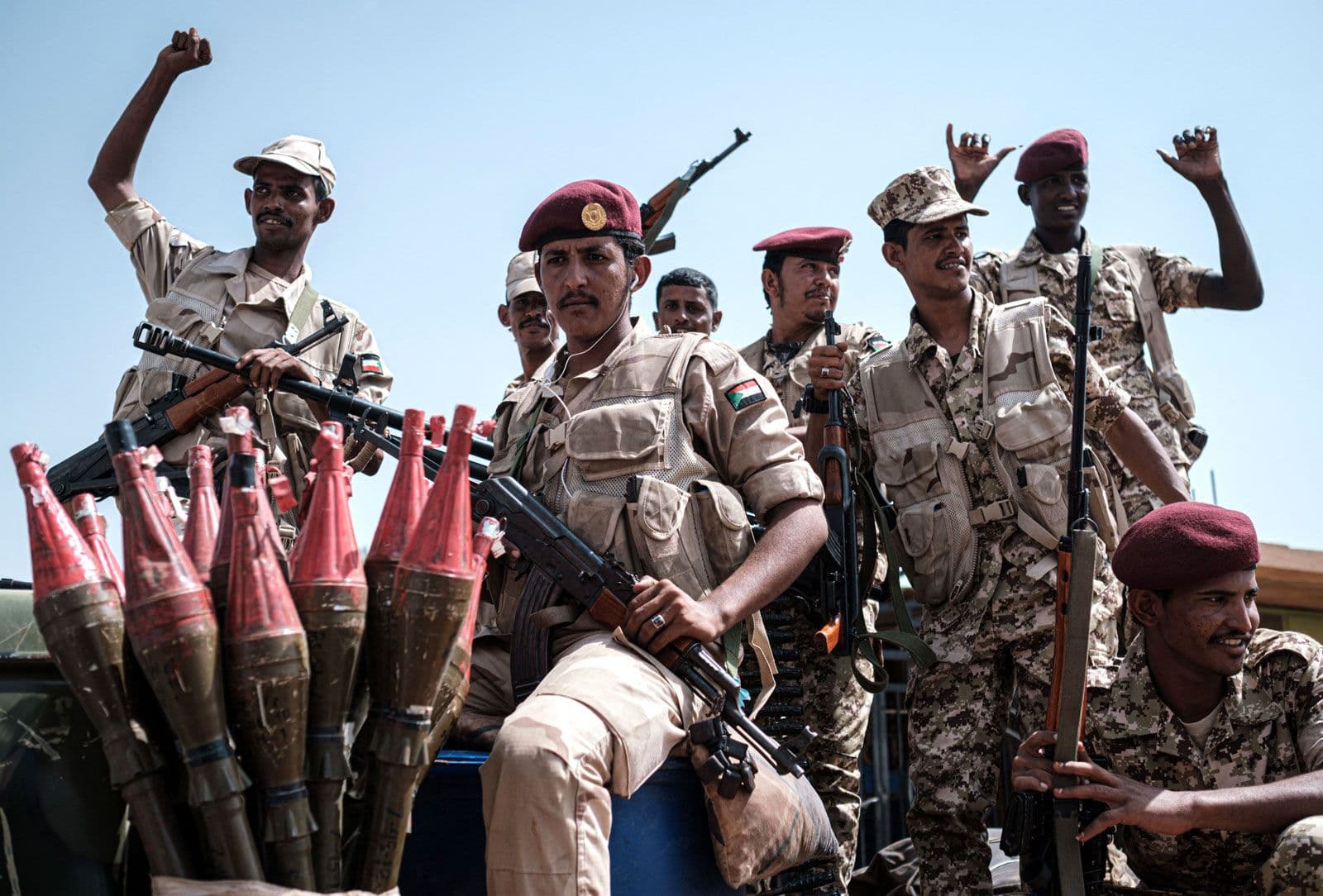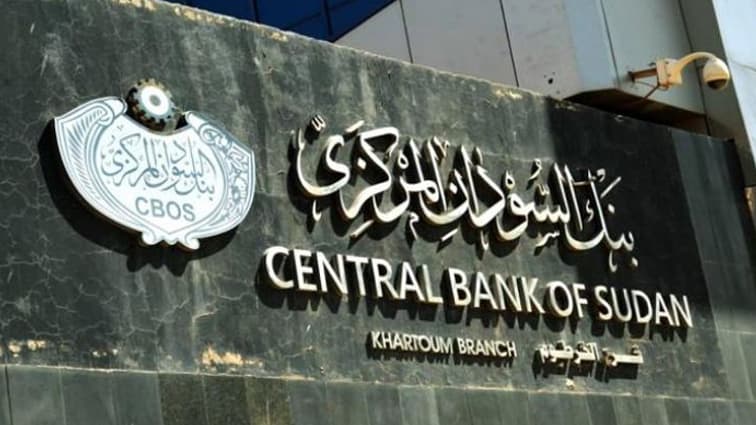Sudan’s Central Bank Freezes Accounts of 39 Political Figures, Journalists, and Activists Over RSF Allegations

The Central Bank of Sudan has frozen the bank accounts of 39 individuals, including prominent politicians, journalists and human rights activists, amid accusations of their alleged support for the Rapid Support Forces (RSF). The move marks one of the most sweeping financial crackdowns since the outbreak of Sudan’s civil conflict in 2023. Among those named are former Prime Minister Abdalla Hamdok, who has been accused of maintaining links with the RSF through his civilian coalition.
According to a statement issued by the Central Bank on Saturday, the decision was made following “security intelligence recommendations” from the Sudanese Armed Forces (SAF) and the Ministry of Finance. The bank said the freeze affects both personal and business accounts linked to individuals suspected of “providing material or logistical support” to the RSF, a paramilitary group currently battling the army for control of the country.

While authorities insist the measure is part of efforts to “safeguard national security and disrupt funding to terrorist linked operations,” critics have condemned it as a politically motivated attempt to silence dissent and suppress independent voices. Among those affected are well known journalists who have reported on the ongoing war, human rights defenders advocating for civilians trapped in conflict zones and former officials from the transitional government ousted in 2021.
The Sudanese Journalists Syndicate denounced the decision, calling it “an alarming attack on press freedom and civic rights.” The group demanded an immediate reversal of the freeze and an independent review of the allegations, warning that the measure could “further erode public trust in state institutions.” The RSF, led by General Mohamed Hamdan Dagalo, commonly known as Hemedti, has been engaged in a brutal war with the national army under General Abdel Fattah al-Burhan since April 2023. Both sides have been accused of atrocities, including massacres, looting and the displacement of millions.

International observers have expressed concern that targeting journalists and civil society leaders may deepen divisions and hinder peace efforts. The United Nations has called on Sudanese authorities to uphold due process and avoid collective punishment. As Sudan’s war grinds on, the freezing of these accounts underscores the growing pressure on anyone perceived as critical of the military or sympathetic to the RSF, a sign of how financial controls are being weaponized in one of Africa’s most devastating conflicts.

